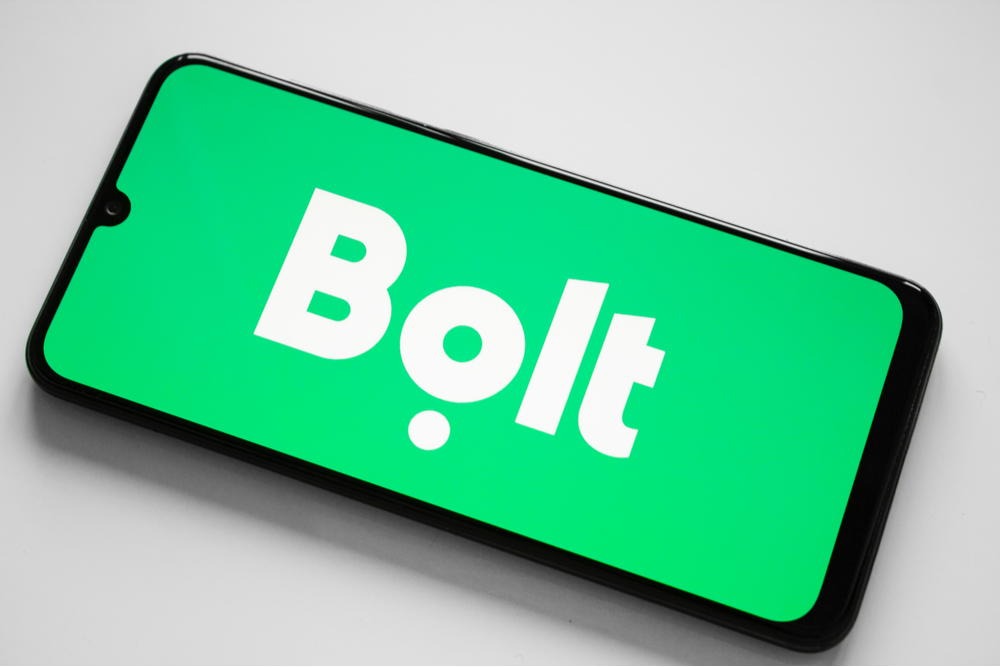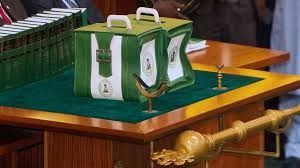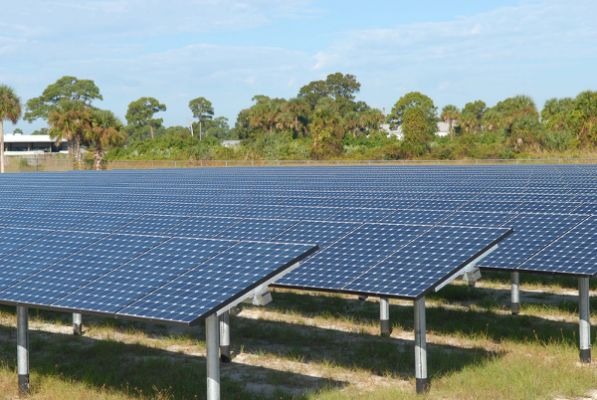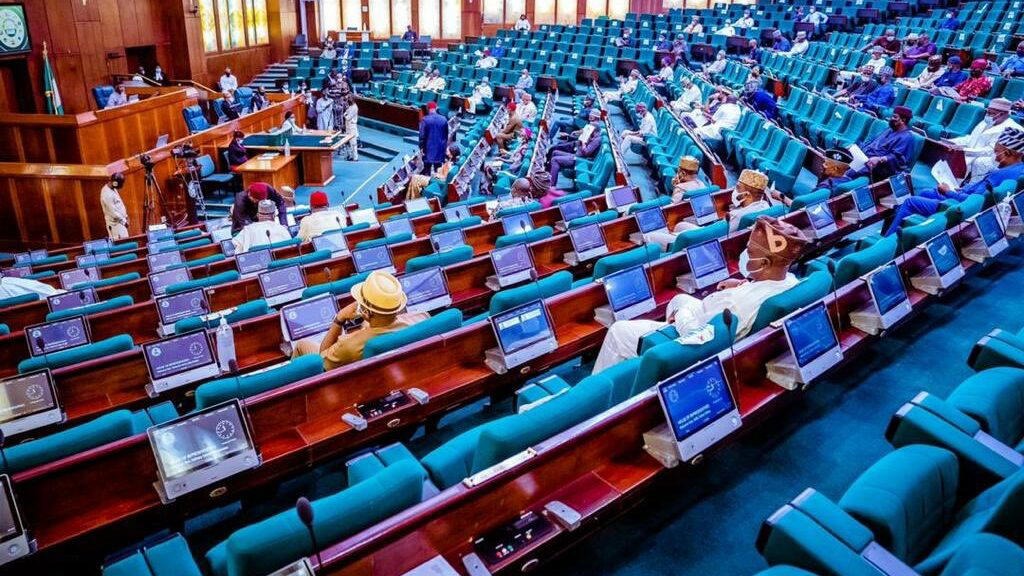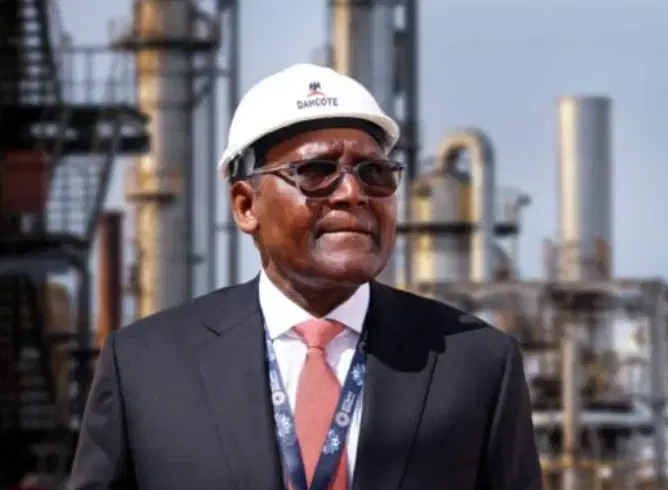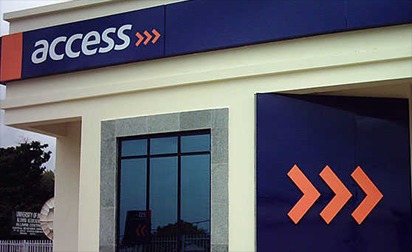App-based drivers have threatened to switch to new indigenous ride-hailing apps if Uber, Bolt, inDrive and others fail to meet their stated demands. Mr Steven Iwindoye, Public Relations Officer of the Amalgamated Union of App-Based Transporters of Nigeria, Lagos Council, issued the warning in a statement on Friday in Lagos. Iwindoye said drivers are demanding …
